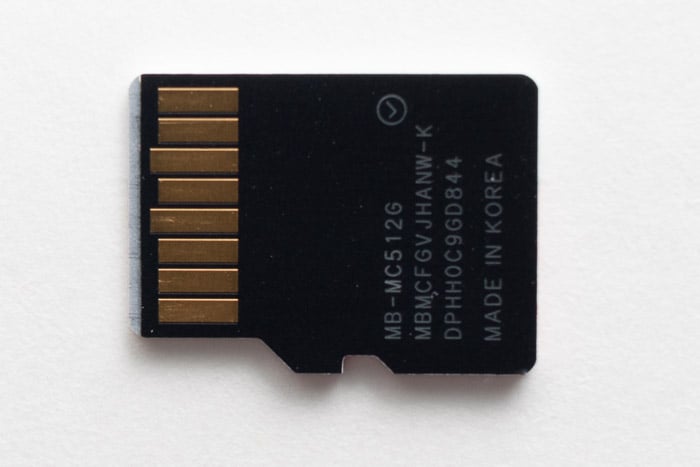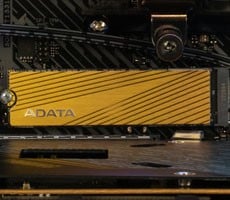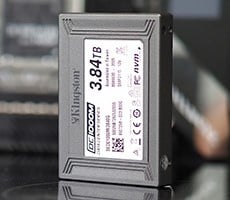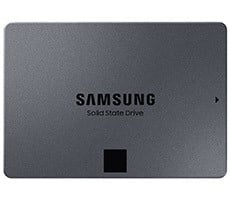Samsung EVO Plus 512GB MicroSD Card Review: Speedy Device Storage
|


ATTO's results largely confirm what we saw in CrystalDiskMark. The read speeds are consistent across all three cards, though the Samsung is slightly faster in sub-64 KB reads. On the write side, its sub-64 KB results are actually slightly slower, but most file transfers will be in the 64 KB and up realm where the Samsung is unquestionably ahead.
Overall, the Samsung EVO Plus MicroSD delivers excellent performance with some of the fastest write speeds offered among UHS-I cards. Blistering speeds and expansive capacities do not come cheap, though. The 512GB card is listed at $199 - that is about $0.40 per gigabyte. Our 128GB SanDisk card for comparison ran us just $28 or $0.22 per gigabyte. Fortunately, SD cards see frequent sale pricing so do keep an eye out.
In cameras, the SD card speed is often bottlenecked by the device itself. Our Canon 80D, for example, tops out at 90 mbps when recording 1080p footage with All-I frames enabled. 90 mbps converts to 11.25 MB/s which is well within the capabilities of any of our tested cards. If you have a camera or other use case that can use the speed, though, the Samsung EVO Plus MicroSD card is well recommended.

|
|









